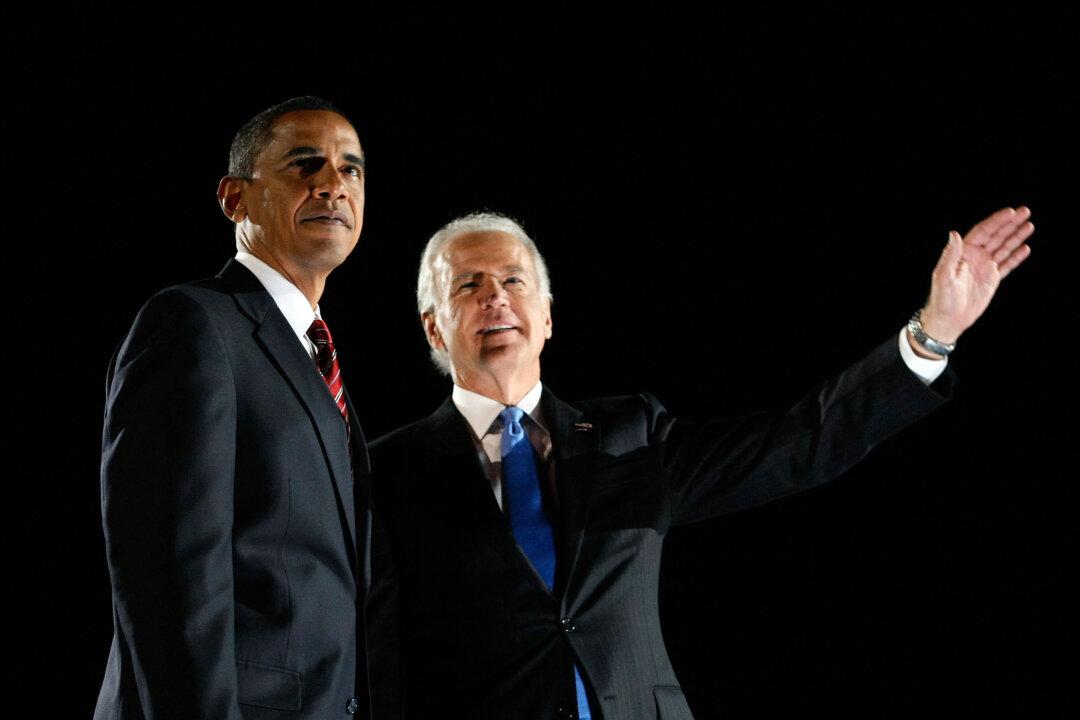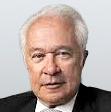Commentary
In crucial times, we would be fortunate indeed if the leaders of the free world were as courageous, as principled, and as great communicators as Winston Churchill, Ronald Reagan, and Margaret Thatcher.


In crucial times, we would be fortunate indeed if the leaders of the free world were as courageous, as principled, and as great communicators as Winston Churchill, Ronald Reagan, and Margaret Thatcher.